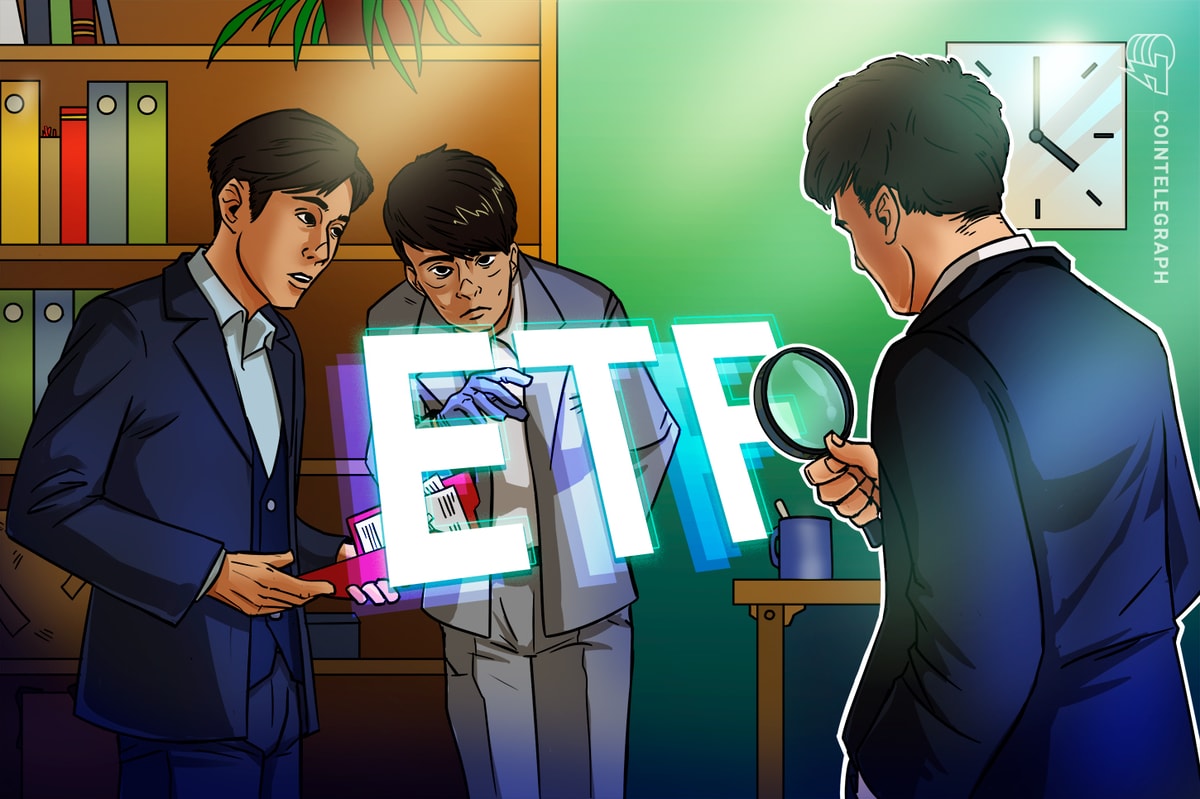South Korea’s Financial Investment Association (KOFIA) has vowed to push for the approval of cryptocurrency exchange-traded funds (ETFs) in the domestic stock market “this year,” according to local media reports.
KOFIA chief Seo Yoo-seok reportedly said in a Feb. 5 news conference that while there is a growing appetite for cryptocurrencies among investors over 50, direct exposure to cryptocurrencies could pose risks. Instead, regulated financial products based on Bitcoin and Ethereum may offer a safer alternative.
His remarks come amid a shift in the global crypto landscape following Donald Trump’s US presidential election victory. South Korea has since observed a 450% spike in new crypto exchange registrations, with nearly half of the applications belonging to individuals aged 40 and above.
Related: Upbit crypto exchange receives suspension notice in South Korea
The nation’s Financial Services Commission does not recognize cryptocurrencies as underlying assets for securities under the Capital Markets Act, which restricts crypto-backed ETFs.
In October 2024, South Korea launched a virtual asset committee to reevaluate the permissions for corporate crypto accounts and crypto ETFs. A recent committee meeting concluded with officials reporting that reviews on corporate trading accounts were nearing completion.
South Korea’s FSC, under Chairman Kim Byung-hwan, is evaluating possibly easing restrictions on corporate crypto accounts. Source: FSC
South Korea is home to one of the world’s most active cryptocurrency markets, with its local currency surpassing the US dollar as the most traded fiat against crypto in the first quarter of 2024.
However, the nation’s cryptocurrency activity is heavily dependent on its retail investors due to its strict Anti-Money Laundering requirements that mandate exchanges establish official partnerships with local banks to offer crypto-to-fiat services.
To open a crypto-to-fiat account with one of the exchanges that meets these requirements, investors must open a real-name account with a local bank, a financial account verified by the citizen’s legal identity. As an individual’s legal identity is required to open a cryptocurrency account, corporations and institutions have effectively been prevented from participating in cryptocurrency trading.
Only five exchanges have established partnerships in South Korea since the requirements were introduced in 2018.
Magazine: Help! My parents are addicted to Pi Network crypto tapper











